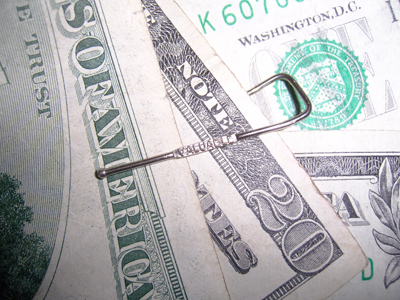All Nonfiction
- Bullying
- Books
- Academic
- Author Interviews
- Celebrity interviews
- College Articles
- College Essays
- Educator of the Year
- Heroes
- Interviews
- Memoir
- Personal Experience
- Sports
- Travel & Culture
All Opinions
- Bullying
- Current Events / Politics
- Discrimination
- Drugs / Alcohol / Smoking
- Entertainment / Celebrities
- Environment
- Love / Relationships
- Movies / Music / TV
- Pop Culture / Trends
- School / College
- Social Issues / Civics
- Spirituality / Religion
- Sports / Hobbies
All Hot Topics
- Bullying
- Community Service
- Environment
- Health
- Letters to the Editor
- Pride & Prejudice
- What Matters
- Back
Summer Guide
- Program Links
- Program Reviews
- Back
College Guide
- College Links
- College Reviews
- College Essays
- College Articles
- Back
The 21st Century (Slack)tivist
Your donation will help reduce the catastrophic effects of the famine in Africa. Please contribute; 10 dollars can help save malnourished children in Africa. Click this link to donate and help rescue children from calamitous war crimes in Africa.
Upon reading these statements, what you think this piece is about? Maybe the necessity of donating to the less fortunate, or the many crises happening in African nations? Looking past complex words such as catastrophic or malnourished or calamitous… have you even stopped to think: wait… where is the famine in Africa? What country’s malnourished children am I feeding by donating? Is my money helping children in war in the Central African Republic or Syria, or elsewhere? When did these issues arise? And most importantly, how exactly is my money getting there and how much is actually going to the cause?
There are 58 countries and territories in Africa, yet the word “Africa” is so generalized. Though not all nations in the continent face the same broad issues, the media has grouped all the nations in the second largest continent together into a tableau of child soldiers, malaria and starvation. The typical 21st century activist, who wants to be charitable, eats it all up. But their laziness, hence the name slacktivist, makes them donate to Africa via any legitimate-looking website or ad without fully understanding what they’re donating to. Take, for example, project RED, a highly publicized, celebrity-endorsed campaign to stop AIDS. Their website states that all donations they receive go to preventing AIDS. Yet after several links, I discovered that they give their funds to a foundation called The Global Fund, which provides AIDS medication and treatment. While project RED does in fact donate 100% of their funds, the Global Fund does not. Only 40% goes directly to the people in need.
Sadly, news sources play a sizable role in slacktivism due to dramatized or misleading information. You all know BBC news. They’re known for their unbiased journalism. Nonetheless, in 2005, they were under scrutiny for publishing an article and creating a documentary about a supposed ‘famine’ in Niger. I bet over 90% of people who donated money to Niger around that time didn’t bother to find out about the country’s economy, or its food sources, or its agriculture. They probably didn’t even know where Niger was on the map, or how to pronounce the country’s name! Yet they clicked links and typed in their billing information in half a minute, congratulating themselves for being humanitarian, unaware that “The Famine Scam” was a product born when organizations exaggerated the conditions in Niger for money or publicity.
Yes, Niger is an extremely poor nation, but the hailstorm of aid received did not benefit the country. Free food impaired the economic system and resulted farmers abandoning their crops. Let me backtrack a bit. BBC’s documentary stated that there was nothing growing in Niger’s desert landscape but poisonous plants. However, journalists would not know that once cooked, the “poisonous plants” are edible. If only slactivists bothered to investigate an ongoing project in Niger – Project Eden – that helped farmers grow nutritious, native plants. There was no famine, according to Nigerians living in Niger. Yet many of us are susceptible to incorrect information in media due to that information being well-presented, realistic, and sponsored by organizations or celebrities. A great example of an excellently filmed, well-backed charity video is the Radiaid campaign. Radiaid endorses the donation of radiators to Norway to aid those contracting frostbite due the cold weather. The clip can be viewed on youtube. Though the campaign seems legitimate due to superb filming celebrity participation, it was a total spoof! It was created by The Norwegian Students’ and Academics’ International Assistance Fund to prove a point; that not every documentary is reliable and that one should always be knowledgeable about the cause they’re donating to.
The purpose of a real humanitarian campaign is to positively address world issues. And we, the world, cannot stop truly caring in the process of imitating care through donating blindly. The UN program on HIV and AIDS defines slacktivism as supporting a cause by performing simple measures while not truly engaged or devoted to making a change. As a member of an increasingly globalized 21st century, this is definitely not what I want to be. And as a citizen of the world, I invite all readers to try and become aware activists with me.

Similar Articles
JOIN THE DISCUSSION
This article has 0 comments.
